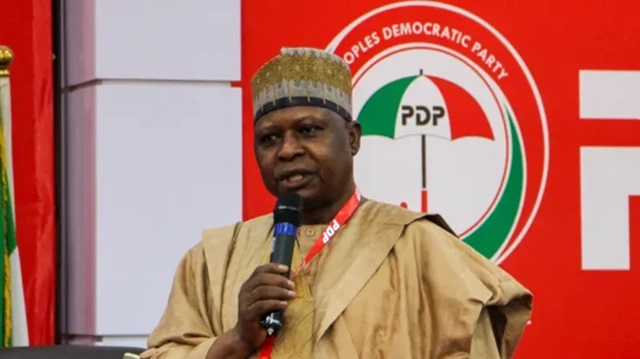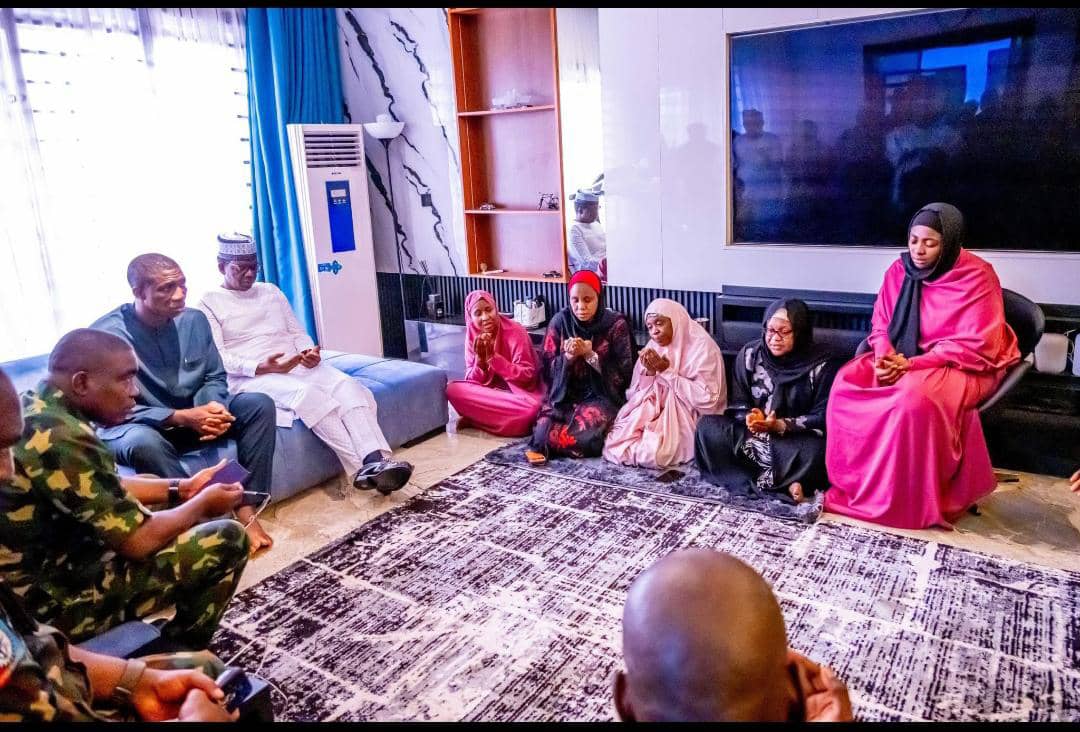The ECOWAS Court has ruled that the Republic of Sierra Leone must pay US$20,000 to UNISEL Limited, a local company, for interfering with its property rights. The court’s decision came after the government’s agents refused to allow the company to enjoy the rights to a property it legitimately acquired from the government in 2013.
Delivering judgment on July 10, 2023, Justice Dupe Atoki, who read the court’s decision, stated that the government’s action amounted to a violation of the company’s right to the 4.99 Acres of private property it owned. Justices Sengu M. Koroma and Ricardo Claudio Monteiro Gonçalves were also part of the three-member panel for the case.
In the ruling, the court declared that the respondent’s actions violated the applicant’s right to the land located off Wilberforce Loop, Wilberforce, Freetown, Sierra Leone, as delineated on Survey Plans dated October 4, 2013. Consequently, the court ordered the respondent state to process, approve, and sign the private Licensed Surveyor Plans of the applicant without any delays, concerning the property in question.
The initiating application filed before the Court (No: ECW/CCJ/APP/30/22) stated that the applicant had purchased a parcel of land with buildings from the respondent. The property consisted of land and buildings for which the applicant made payments accordingly and received a Deed of Conveyance in November 2013.
The applicant later discovered a shortfall in the number of plots allocated to them and submitted a new survey for countersigning. However, the Director of Surveys and Lands refused to sign the new survey, which caused difficulties in the disposal of a portion of the plot bought by another individual from the company.
During the pendency of the lawsuit, the respondent entered the property and installed beacons, claiming ownership and preventing the applicant from disposing of the property.
Invoking Article 14 of the African Charter on Human and Peoples’ Rights and Article 17 of the Universal Declaration of Human Rights, the applicant accused the respondent of persistently interfering with its property rights, which amounts to the control of its property and an abuse of its fundamental human rights.
The ruling by the ECOWAS Court aims to redress the violation of property rights and ensure that the company is compensated for the interference caused by the government’s actions.





